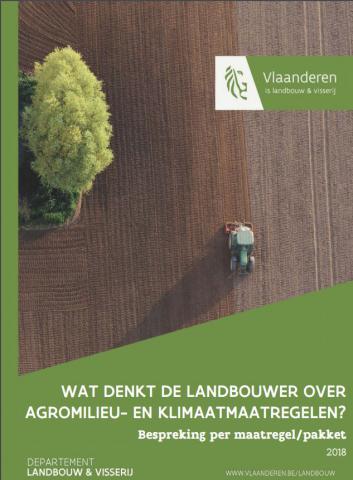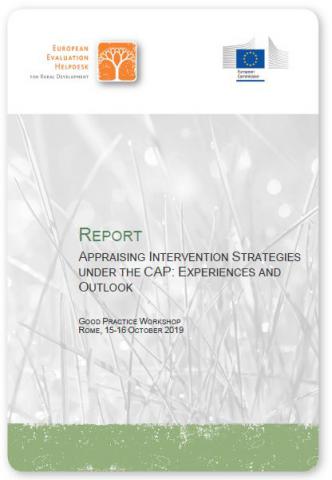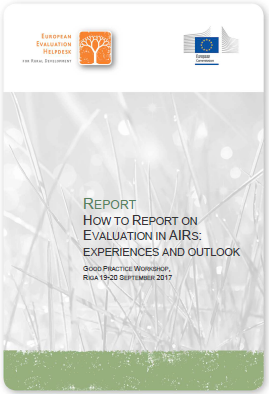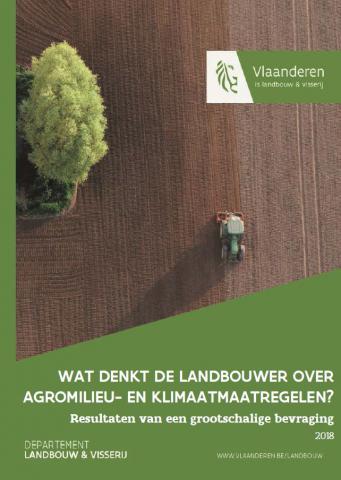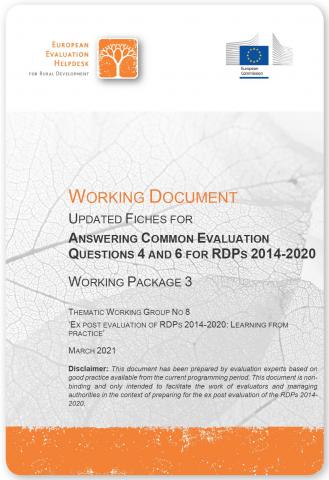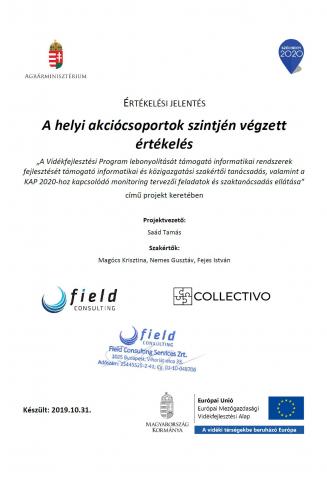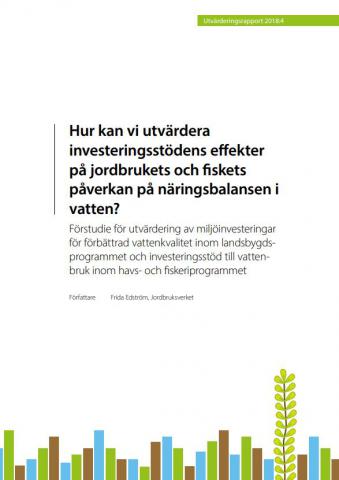
Preliminary study for evaluation of environmental investments for improved water quality in the rural program and investment support for aquaculture in the marine and fisheries program
The evaluation aims to demonstrate the methods that can be used to analyse the effects of program efforts on the presence of phosphorus and nitrogen. The main purpose is to clarify how to evaluate selected initiatives, what documentation is required and what methods can be used.


